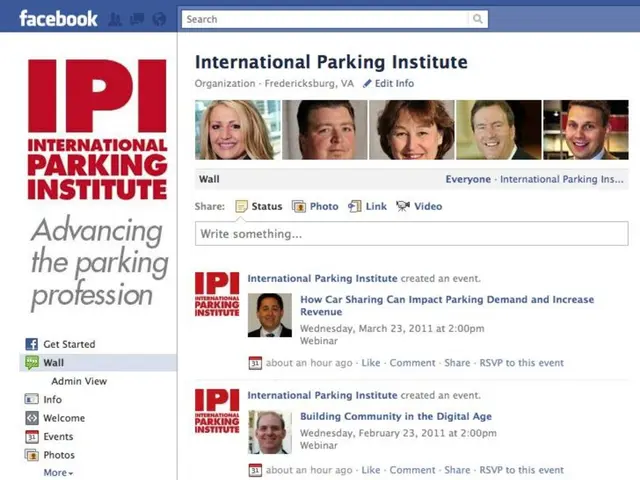Russian court rules against labeling words "fraud" and "crap" as offensive
In a recent legal development, a court in Buryatia, Russia, has handed down a decision in a defamation lawsuit that could have significant implications for the use of ethnic slurs in public discourse.
The case revolves around a car blogger who runs a Telegram channel about cars. The blogger made defamatory comments about a car salesman, calling him a "fraudster" and a "hohol." The term "hohol" is an ethnic slur historically used in Russia to disparage Ukrainians and is considered offensive by many.
The car salesman filed a lawsuit against the blogger, seeking a retraction of the comments and 200,000 rubles in moral damages. The lawsuit's materials were reported by RIA Novosti.
The court's decision has set a precedent in the use of language in similar cases. Despite the blogger's comments being made in colloquial and slang language, indicating they were an expression of his emotions, the court found that the words "fraudster" and "hohol" are not considered derogatory to the plaintiff's honor and dignity from a linguistic standpoint.
However, it's important to note that the use of colloquial and slang language does not automatically exempt the speaker from legal consequences. The court's decision underscores the need for careful consideration when using language that could be perceived as offensive or discriminatory.
The outcome of the lawsuit, including whether the blogger will be required to retract his comments and pay damages, is not yet known. The plaintiff filed an appeal after disagreeing with the court's decision, but the appellate court upheld the first instance court's decision, making it legally binding. As a result, the defamation lawsuit filed against the car blogger is no longer open for further appeals.
This case serves as a reminder that while the term "hohol" is derogatory and could be subject to defamation claims in Russia, there is no publicly known, explicit legal precedent or statute uniquely regulating its use in defamation cases. For specific legal interpretations or case law, consultation with a Russian legal expert on hate speech and defamation is recommended.
In conclusion, the court's decision in the defamation lawsuit involving the use of the ethnic slur "hohol" marks a significant step forward in understanding the application of defamation laws to ethnic slurs in Russia. While the use of such language can be sensitive given the political tensions and the context of Russian-Ukrainian relations, the precise legal consequences depend on case-specific factors and judicial discretion.
The car blogger's social-media channel, which primarily discusses cars, was the platform for his defamatory comments that included the ethnic slur "hohol." This case, involving a car salesman and the use of derogatory language, has potential implications in the realm of entertainment and social-media discourse.







